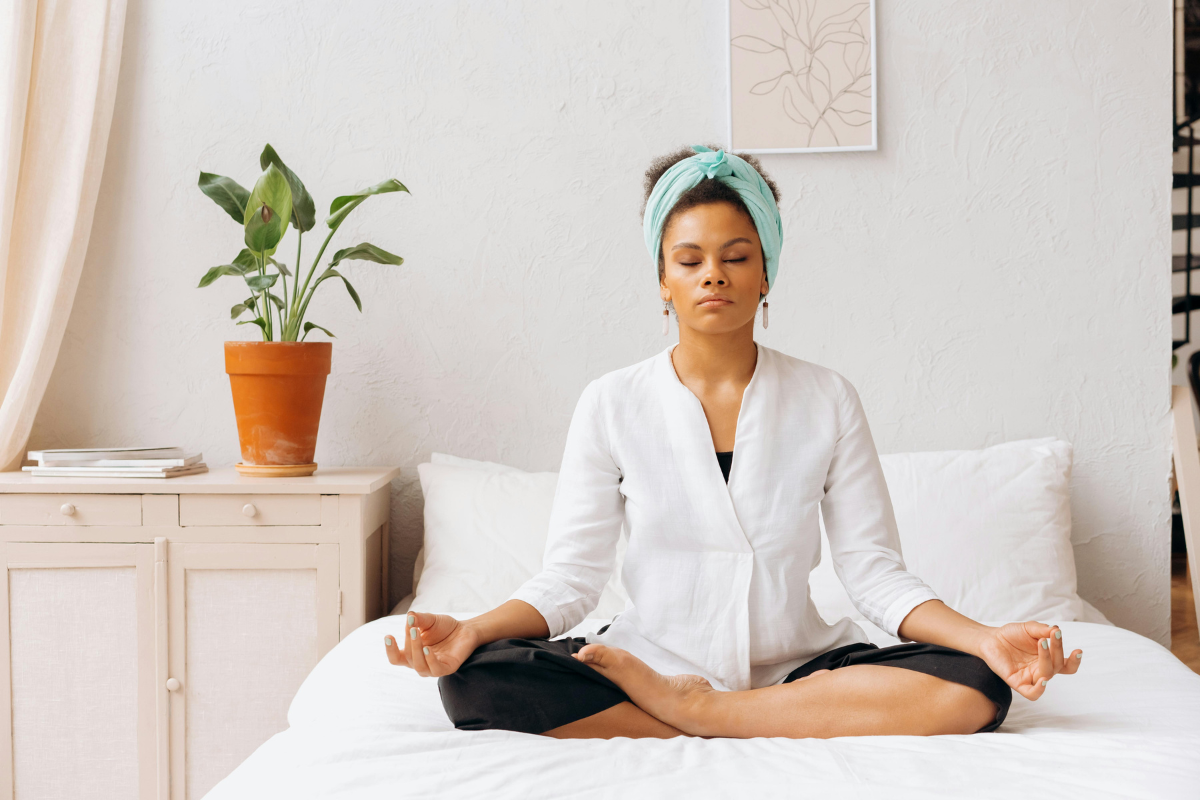
The Mindful Bedtime Routine: Simple Habits to Signal Your Body It's Time to Wind Down.

The Mindful Bedtime Routine: Simple Habits to Signal Your Body It's Time to Wind Down.
In today’s non-stop world, we push ourselves hard all day but struggle to shut off at night. Our constant connection to screens and work blurs the line between day and night, making restful sleep feel out of reach. Why can’t we hit pause and drift off when we finally want to?
You cannot simply flick a switch to turn off your brain—it needs a transition. This is where a mindful bedtime routine comes in: simple, consistent rituals signaling to your mind and body that it's time to wind down.
A bedtime routine isn’t about elaborate rituals. It serves as the transition from a busy day to a tranquil evening. By repeating a few actions nightly, you teach your brain these are signals to calm down and prepare for restful sleep.
Simple Habits to Incorporate
The most effective routines are personal and adaptable. Pick habits that you honestly enjoy doing and can stick with for the long term.
- The Digital Sunset. This is the most important step. Try to stash all screens — phones, tablets, TVs — an hour before your goal bedtime. Doing this supports melatonin production, helps your mind let go of the day's stressors, and improves your chances of falling asleep quickly. Take this time to disconnect and detach from work and the 24/7 news cycle.
- Dim the Lights. Bright, jarring overhead lights are sending a message to your brain that it’s still daytime. One hour before you want to sleep, dim the lights in your home (or change over to softer, warmer-toned lamps). This small act can strengthen your body’s natural sleep signals.
- Engage in a Soothing Activity. Replace late-night scrolling with something that soothes your mind.
- Read a physical book. Pick one with calming content, say no to thrillers or complexly plotted tales.
- Catch up on your favourite podcast or audiobook. Choose something relaxing and not too stimulating.
- Journal. Record your thoughts, concerns, or a follow-up to-do list for tomorrow. Putting these thoughts to paper and out of your head can be very liberating.
Practice Gentle Relaxation.
- Take a warm bath or shower. The reduction of body temperature after you get out helps to make you feel sleepy.
- Do some gentle stretching or light yoga. It provides a way to release the physical tension incurred throughout your day.
- Meditate or do deep breathing. Obsessive thoughts can be quelled with just a few minutes of focusing on the breath.
- Prepare for Tomorrow. Much of this bedtime anxiety is tied to thinking about what you need to do the next day. Set aside 5 minutes to put out your clothes, pack a bag, or type up a quick to-do list. The basic act of preparation can clear your mind.
The Power of Consistency
The real fairy dust of the bedtime routine is that it’s done consistently. Practicing the same few things every night—even on weekends—helps your brain establish a strong sleep pattern, making it easier to fall asleep, enhancing your sleep quality, and increasing the likelihood that you'll wake up refreshed.
Your evening routine is a necessity, not a luxury. By making this conscious bridge between your day and night, you’re preparing not just for sleep, but to experience a profound sense of peace and well-being that translates seamlessly into every aspect of your waking life.





















































